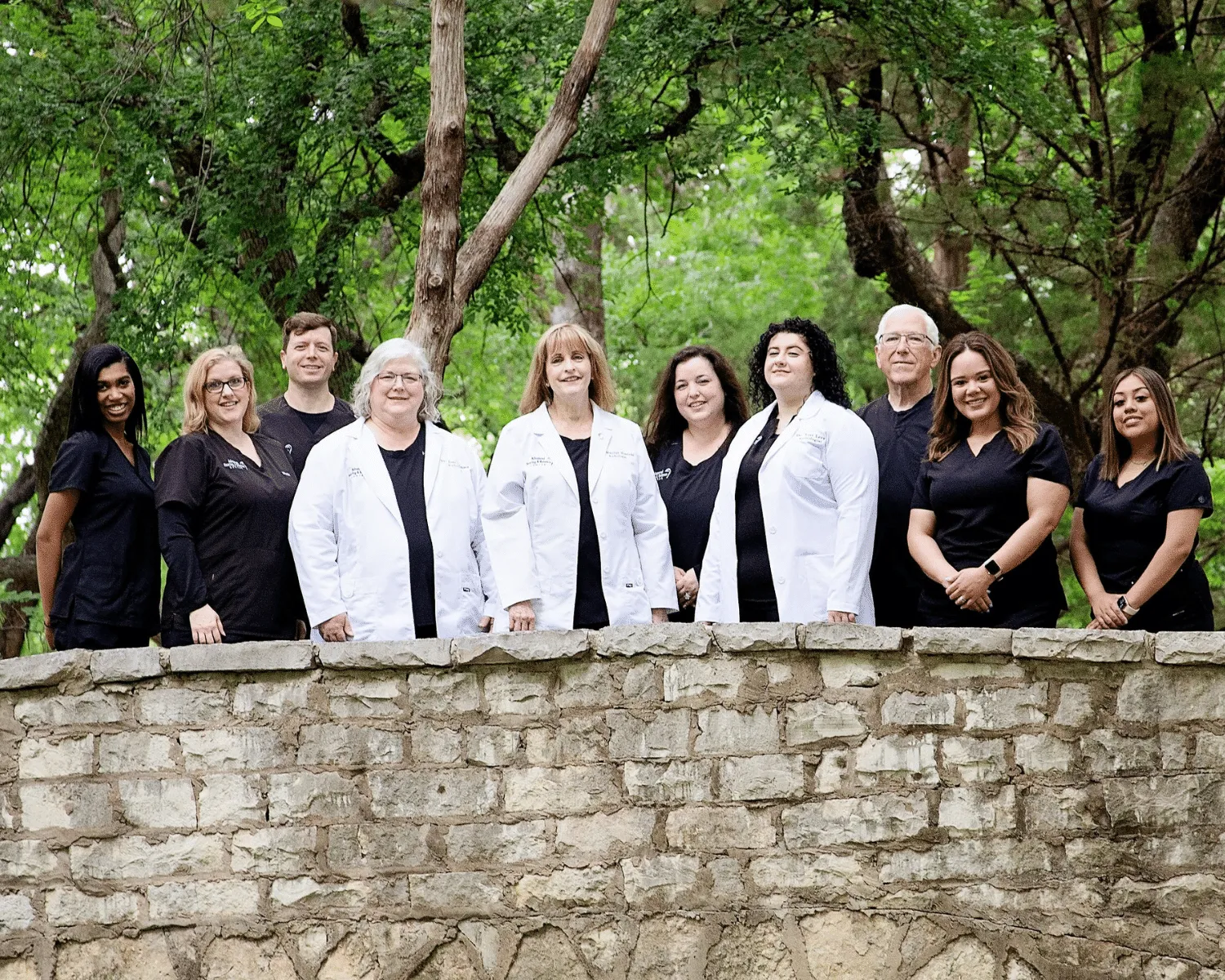Treating Hearing Loss
Hearing loss, especially when caused by an injury, needs to be evaluated and treated as soon as possible. To help you hear in the short term, try to reduce background noises, and eliminate distractions. Ask your family and friends to face you directly when speaking, so you can concentrate on what they are saying, and pick up on visual as well as auditory cues.If your hearing loss continues, visit us at the nearest Advanced Hearing & Balance Center location for a full hearing, tinnitus, and/or balance assessment, where we’ll measure your symptoms, talk about your medical history, and suggest the best treatment options for your diagnosis.



.png)

.png)
.png)
.jpg)
.jpg)
.jpg)

